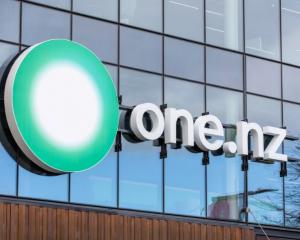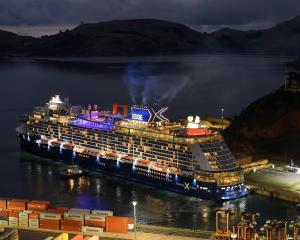Air New Zealand is selling 19.98% of its stake in Virgin Australia to a privately owned Chinese conglomerate with interests across a diverse range of industries.
Nanshan, the Chinese group, had aviation interests already, including its own emerging airline, Qingdao Airlines, launched in April 2014.
The sale price is A33c, an 18% premium to the previous closing Virgin share price of A28c and 10% above a recent placement to Hainan Airlines at A30c.
Craigs Investment Partners broker Chris Timms said the deal represented a "very good outcome'' for Air NZ.
"Execution of the sell-down was looking increasingly uncertain, given Virgin's recent equity raising by placing a new equity stake with an incoming cornerstone shareholder.
Virgin remains in a position where it may need to raise a material amount of further equity, potentially at a discount to the current share price.
"We think the sale price is certainly attractive for Air NZ, given the nature of the situation.''
The sale was subject to Chinese regulatory approvals, as was Virgin's equity placement to Hainan, he said.
Craigs understood the 19.98% sale would happen on the new post-placement share base, generating about $A233million for Air NZ and leaving a 2.5% residual shareholding, given Air NZ's current 25.9% shareholding would be diluted to about 22.5% through the equity raising to Hainan, Mr Timms said.
The expected share price reaction was positive.
Air NZ chairman Tony Carter said in a statement Nanshan Group would be a very strong, positive and complementary shareholder for Virgin.
The sale would allow Air NZ to focus on its own growth opportunities while still continuing its long-standing alliance with Virgin Australia on the transtasman network, he said.
Air New Zealand and Virgin formalised an alliance in 2010 with code sharing agreements on transtasman and connecting flights and reciprocal frequent flier and lounge access deals.
The tie-up was first mooted in response to Qantas Airways' two-airline strategy where its low-fare Jetstar unit operated domestically in New Zealand and linked to longer-haul flights on its parent.












